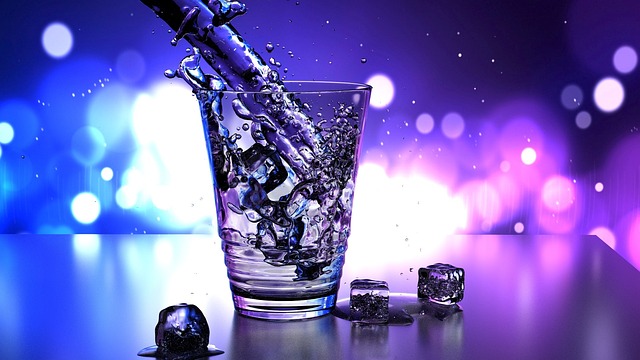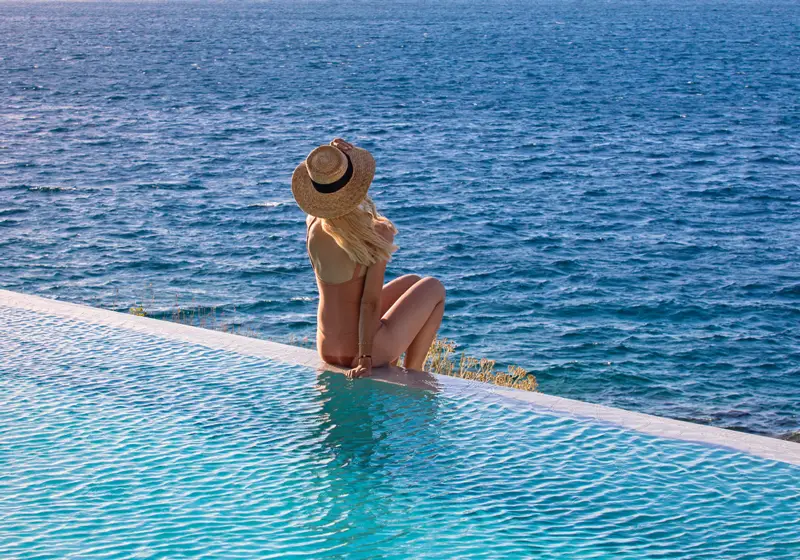Is the water in Croatia drinkable?
Water is a basic need of every human being, and the quality of drinking water directly affects health and quality of life. In Croatia, drinking water is considered one of the natural resources, and in this blog, we will explore the quality of water, the process of obtaining drinking water, as well as the specific characteristics of water from different parts of the country, and ultimately answer whether tap water is good for drinking.
Water quality in Croatia
Croatia ranks high in terms of water quality. Water quality control in the Republic of Croatia is regulated by the Law on Water for Human Consumption. Water supply services are regularly monitored and analyzed, and data on water quality is regularly available to the public. There is a difference between health and water quality. The latter is a subjective factor and refers, for example, to the taste of water, which is different for everyone.
The process of obtaining drinking water
The process of obtaining drinking water begins with taking water from springs and rivers. As much as 96% of drinking water comes from underground sources. This water goes through a treatment system that includes microfiltration, disinfection, and the addition of necessary minerals. After treatment, the water is sent to the water supply network, where it is further controlled and tested to ensure its safety for consumption.
Quality of tap water
Tap water in most cities and towns in Croatia is considered safe for consumption. In Zagreb, for example, the tap water is of really high quality and is often used as a reference point for drinking water quality in other regions. However, there may be slight variations in quality in some rural areas, so it is advisable to check local data.
Water sources
Croatia is rich in natural water sources that are essential for the supply of drinking water. Some of the most significant sources include sources in Istria, Dalmatia, and Kvarner, such as Cetina, and Krka. These natural sources often serve as the basis of water supply systems and also offer excellent quality water that can often be drunk directly.
Dangers of using water from plastic bottles
Using water from plastic bottles can pose a health risk due to possible chemicals released from the plastic, especially when the bottle is left in the sun for a long time or is used repeatedly. Also, plastic waste has a negative impact on the environment, so it is better to use filtered tap water or a stainless steel bottle.
The price of water in shops
Bottled water prices in stores vary but usually range from 80 cents to €2 per liter, depending on the brand and store. Tap water is, of course, much cheaper, and in many parts of Croatia it is free and available at springs.
Delivery of water in case of pollution
There are protocols for supplying clean water in case of drinking water contamination. Local competent authorities immediately divert the supply from alternative sources or organize emergency water delivery. Also, it is important to have a plan for emergency situations, in order to ensure water supply, and thus to inform residents about how to use clean water.
Conclusion
Yes, tap water in Croatia is a safe choice for consumption. Given that Croatia's water quality is among the highest in the world, you can freely enjoy its taste. Drinking water and its preservation are very important for the future of all mankind.


